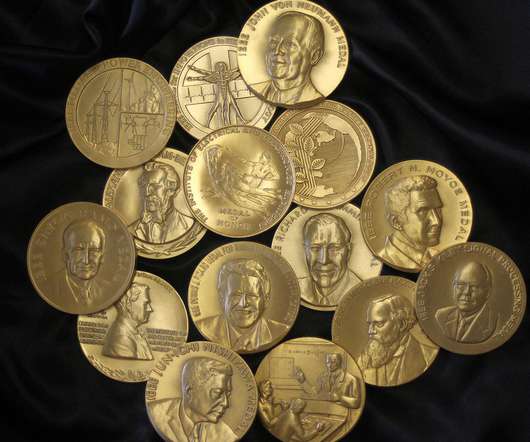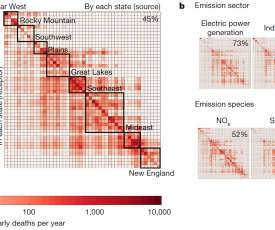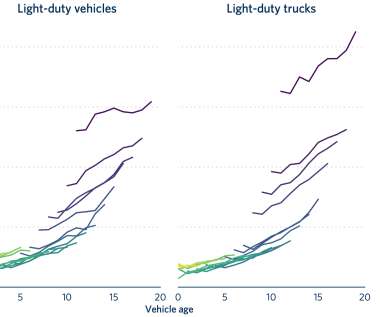Study: consumer products overtake transportation as largest source of VOCs air pollution in cities
Green Car Congress
FEBRUARY 16, 2018
Transportation emissions of NO x and VOCs have long been considered major contributors to formation of O 3 and SOA in urban areas, although recent studies have suggested the importance of nonvehicular sources as major contributors. As transportation gets cleaner, those other sources become more and more important. McDonald, Joost A.








































Let's personalize your content